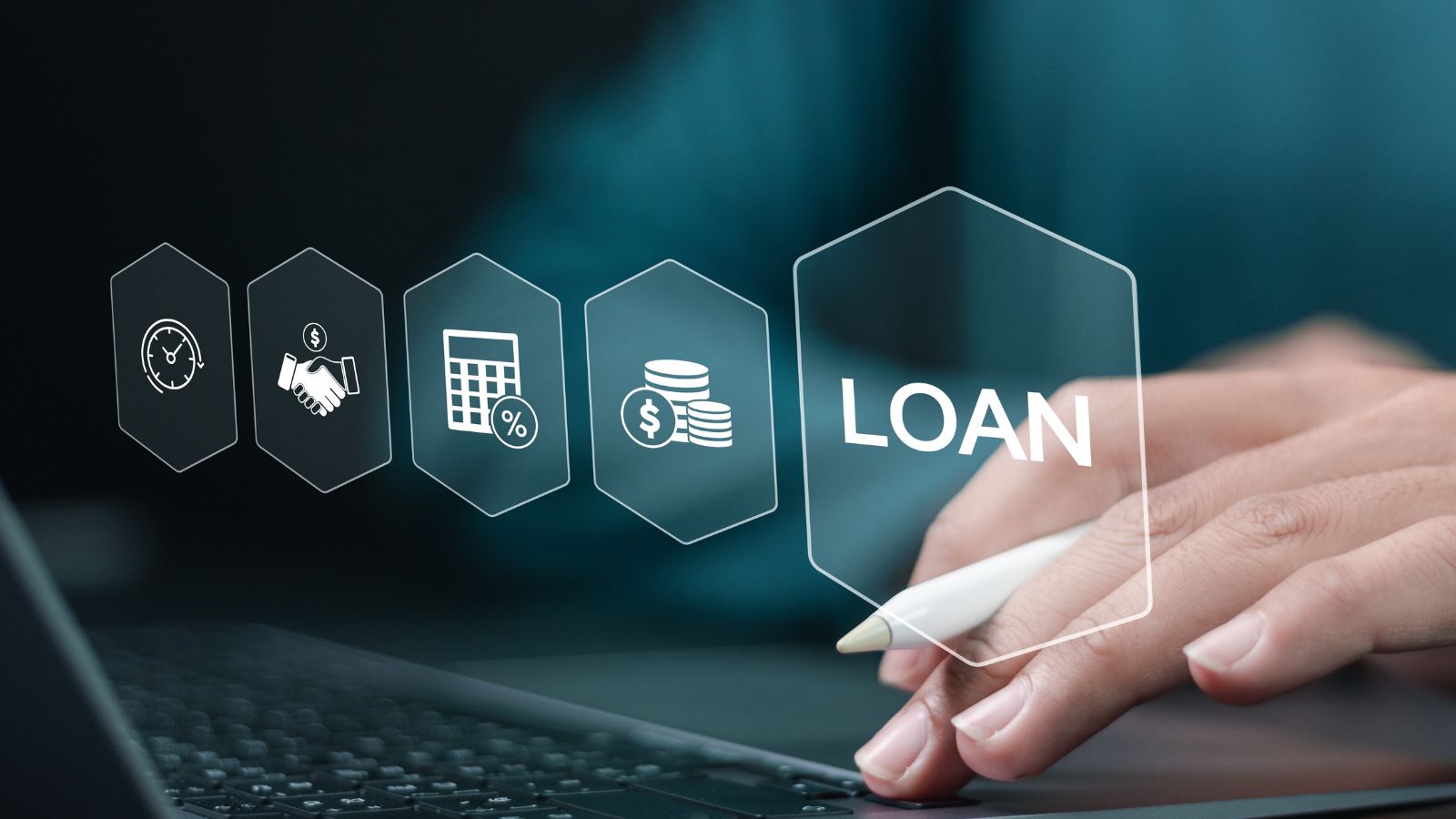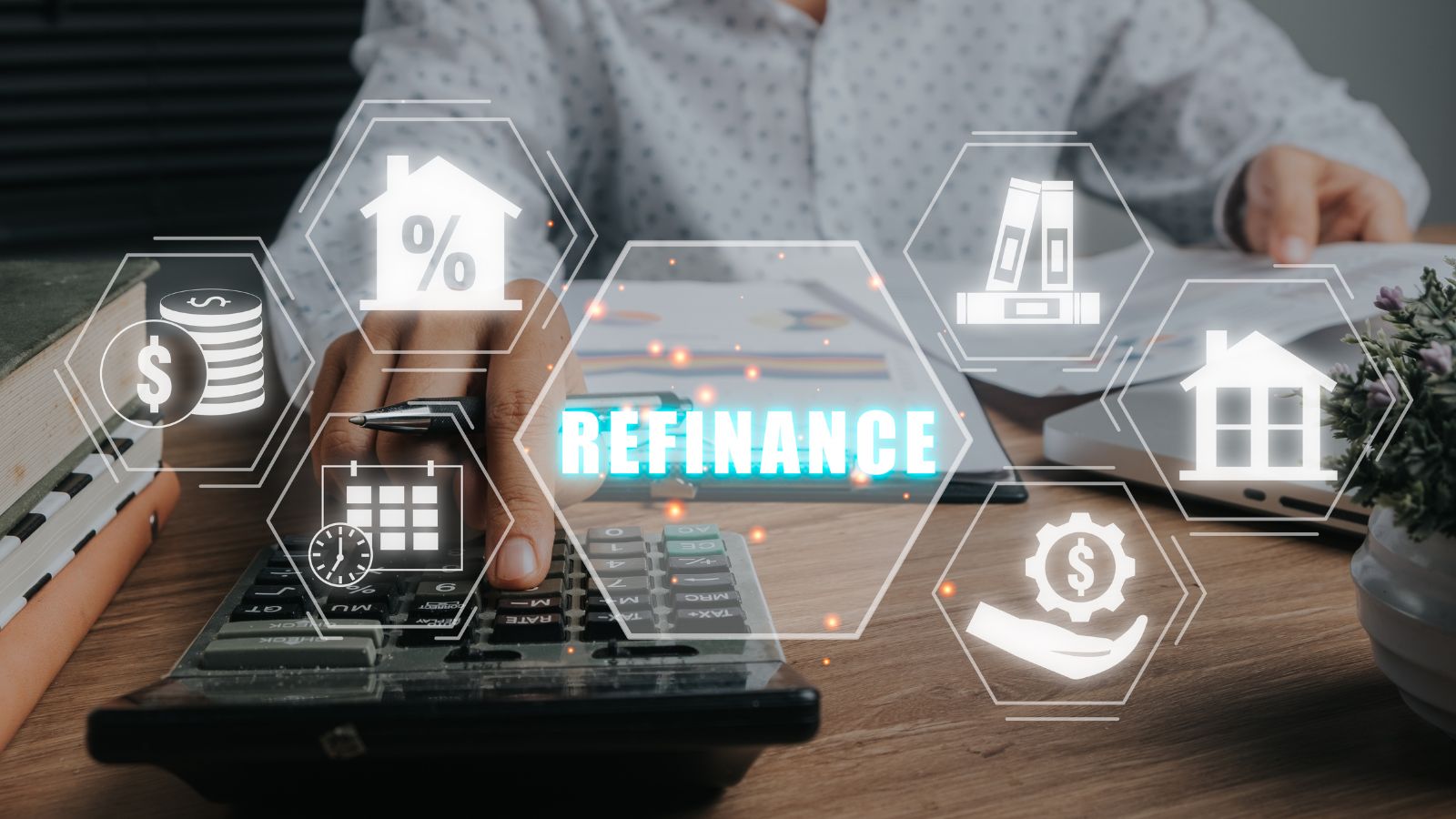Navigating debt has become increasingly challenging in today’s volatile economic climate. Fluctuating markets, rising interest rates, inflationary pressures, and unpredictable price surges reshape the financial landscape. Effective debt management now demands a strategic approach, combining careful planning with adaptability to withstand these uncertainties. This article explores 19 key realities transforming how individuals and businesses approach debt. Understanding these dynamics is essential to staying financially resilient and making informed decisions in an unpredictable economy.
Rising Interest Rates Are Here to Stay

Over the past few years, interest rates have surged enormously, and there’s no clear end in sight. Therefore, debt has made it significantly more expensive for mortgages, credit cards, or personal loans.
Inflation Is Shrinking Disposable Income

Inflation isn’t just driving up the costs of groceries and gas—it’s also impacting your ability to manage debt. Rising prices across various sectors leave less disposable income for essentials, making it increasingly difficult to stay on top of loan repayments. As budgets tighten, balancing daily expenses with debt obligations becomes an even greater challenge, forcing many to rethink their financial strategies.
Emergency Savings Are Non-Negotiable

In an unstable economy, having an emergency fund is essential. It acts as a financial safety net, helping you manage unexpected expenses without resorting to more debt. Without this buffer, unforeseen costs can quickly spiral into a cycle of borrowing, making it even harder to regain financial stability. Prioritizing an emergency fund ensures you’re better prepared to face economic uncertainties.
Variable-Rate Loans Are Riskier Than Before

Loans with variable interest rates have become a gamble in the current uncertain conditions. As rates continue to rise, monthly payments can increase rather frequently, straining your finances and budget further.
Credit Card Debt Is Harder to Escape

High-interest credit card debt has always been a burden. But in this economy, it’s becoming a trap. Paying off debt takes much longer, with rates climbing above 20%. It can become even more challenging if you’re only paying the minimum payments.
Refinancing Isn’t Always the Answer

While refinancing can lower your monthly payments, it often extends the loan term, meaning you pay more interest over time. It’s not always the silver bullet people expect.
Job Security Is Uncertain

The unstable economy has led to widespread layoffs and organizational restructurings across various industries. Without a steady job, managing debt becomes increasingly challenging. As a result, part-time work is becoming more common, with freelancing emerging as one of the most viable options to maintain financial stability.
Side Hustles Are Becoming Essential

More people are turning to side businesses to supplement their income. This additional cash flow can be a valuable tool for paying down debt, but it comes with challenges. Side hustles require significant time, effort, and energy—resources that not everyone can spare.
Debt Management Plans Are Gaining Popularity

According to credit counseling organizations, the number of people seeking structured debt management plans is rising. These programs can help with debt consolidation and offer a clearer repayment schedule. However, they are not always essential—consider seeking them only if you need additional support.
Student Loans Are a Growing Concern

After a lengthy break, student loan payments have resumed for millions of people. It’s getting harder to squeeze these payments into a tight budget due to rising living expenses. It becomes a headache for students, especially if they work part-time jobs and find it difficult to pay off debts.
Bankruptcy Is No Longer a Taboo Option

Bankruptcy used to be stigmatized, but more individuals now see it as appealing. Although it can provide a new beginning, there are long-term effects on credit.
Digital Tools Are Revolutionizing Debt Management

Apps and online platforms now allow people to keep track of their debts, set repayment goals, and automate payments. These tools are making it easier to stay on top of obligations. They also assist in strategy-making to help pay off debt.
The Importance of Negotiating with Lenders

Many borrowers are unaware that they can bargain with creditors. Banks can be prepared to lower interest rates or provide payment extensions during difficult circumstances. So it’s one thing that can be looked at.
Mental Health Impacts Debt Management

Stress from debt is at an all-time high, impacting both decision-making and mental health. Making a financial plan is important, but so is addressing the emotional toll that debt takes.
Housing Costs Are Pushing People into Debt

Many people have to rely on credit cards or loans to pay for housing because the cost of owning or renting a home has risen. This is not a sustainable trend. It has become a huge problem in today’s time for people who don’t have handsome jobs.
Debt Consolidation Isn’t One-Size-Fits-All

Some people find that consolidating debt into a single loan helps, but not everyone does. Before implementing this plan, it is crucial to consider the expenses, conditions, and long-term effects.
Payday Loans Are Still a Trap

Despite numerous warnings, payday loans remain an appealing option for quick cash. However, their extremely high interest rates can quickly spiral out of control, leading to an unmanageable cycle of debt.
The Gig Economy Offers Mixed Prospects

Even though gig labor might supplement income, it sometimes has no benefits and unpredictable pay. This fluctuation may make it more difficult to manage debt properly.
Financial Education Is More Crucial Than Ever

Understanding the fundamentals of credit, interest rates, and budgeting has become essential. Navigating today’s complex debt landscape requires a solid foundation in financial education to make informed and effective decisions.
Conclusion

Managing debt in an unstable economy is no easy task. It requires resilience, strategic planning, and the willingness to seek help. By understanding these new realities and taking proactive steps, you can regain control of your finances even in uncertain times. Remember, the goal is not just to survive the current economic challenges but to build a solid foundation for a stronger financial future.
25 Countries Predicted to Become Economic Superpowers in the Next 20 Years

The strength of an economy plays a crucial role in various international policies about trade and relations. Certain factors determine the strength of an economy, including population growth, availability of resources, and development and advancement. Here are 25 countries predicted to become economic superpowers in the next 20 years
25 Countries Predicted to Become Economic Superpowers in the Next 20 Years
